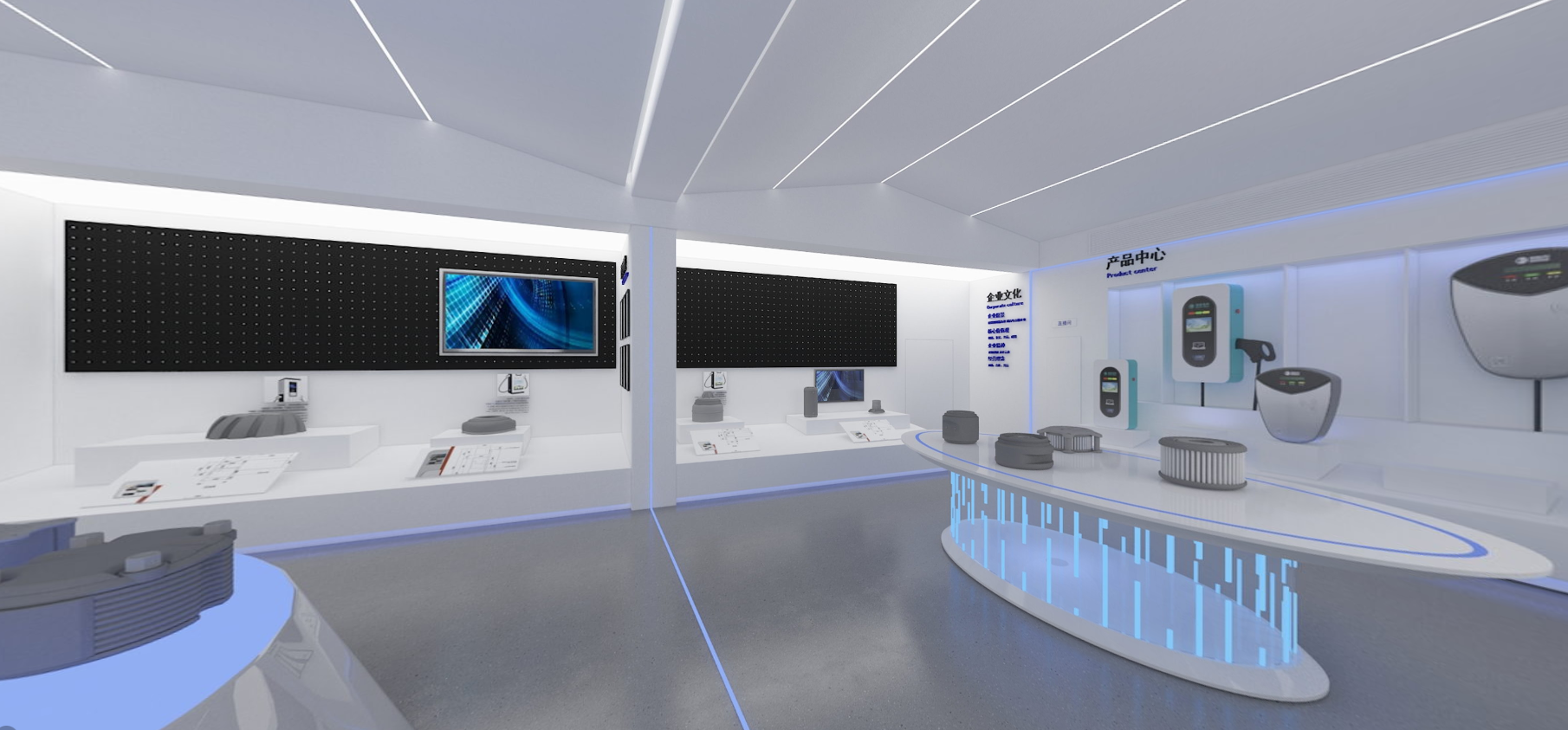Overview of Indian Electric Vehicle Charging Standards
2023-06-26
1267
Among all international standards, India mainly follows IEC standards. However, India has also developed its own standards to coordinate electric vehicle related standards with the global electric vehicle industry. These standards can be divided into charging, connector, safety, and communication standards based on their applications and functions in the electric vehicle ecosystem.
From the current policy perspective, India accepts all types of charging protocols, such as CHAdeMO, GB/T, and CCS. Although India also has its own charging standards, Charging station manufacturers operating in India use almost all the mainstream charging standards in the world, including Chinese standards, American standards, European standards and Japanese standards. This indicates that India's charging interface standards are relatively scattered and lack unified national standard interface requirements.
At present, the charging interfaces of CCS and CHAdeMO are mainly used in India, and the main considerations include:
1. High power, CCS can support 350kW, and CHAdeMO can support a charging power of 400kW.
2. CCS adopts an integrated interface, which occupies less space and can support both AC and DC charging simultaneously;
3. CHAdeMO supports V2G functionality (of course, European standards also support it now).
4. CCS is widely used globally, mainly in countries and regions such as Europe, the United States, and Southeast Asia.
5. CHAdeMO is widely used in countries and regions such as Europe, South Korea, and the United States.
Before 2017, the AC standards used in India were based on Chinese GB/T standards, with the only difference being differences in voltage level and temperature requirements. GB/T has a higher DC output voltage level, while the Indian market has the largest proportion of two and three wheeled vehicles, so the voltage is relatively low, mainly 48 V, 72 V, and 100 V/120 V. AC and DC power limits are 10 kW and 15/20 kW. The ambient temperature range for the GB/T EV plug is from 30C to+50 C, while for the AC001/DC001 EV plug in India, the ambient temperature range is from+0C to+55 C (combined with the actual temperature range in India).
The Electrotechnical Department (ETD) Committee 51 established by the Bureau of Indian Standards (BIS) is mainly responsible for the preparation of Indian Standards (IS) for EVCS. The IS 17017 series standards are the main standards required by Charging station and related equipment in India. The IS 17017 series standards are derived and adapted from the IEC 61851 series standards (not all standards are equivalent). The ISO 15118 series standards are directly adopted as India's IS/ISO 15118 series standards.
In addition to BIS, the Ministry of Heavy Industry (DHI) and the Automotive Industry Standards Bureau (AIS) have also developed and released relevant standards for electric vehicles and electric vehicle control systems. DHI released Bharat chargers AC-001 (AC charging system) and DC-001 (DC charging system) in 2017, which adopted the GB/T (China) standard and slightly modified the ambient temperature related to Climate of India's climate conditions (as mentioned above).
The AIS 138-1 and AIS 138-2 standards for charging facilities are adapted from the IEC 61851 series. The CEA regulations "Safety and Power Supply" and "Grid Connection Technical Standards" issued by the Central Electricity Authority of India in 2019 stipulate requirements for voltage changes, frequency changes, power factor, harmonic measurement, flicker, DC injection, V2G process, charging facility safety, and other aspects. These regulations are formulated based on the IEEE 519-2014 standard for power quality requirements.

RELATED INFORMATION











